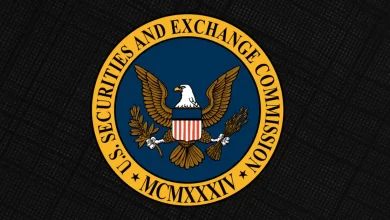
Russia turns to Bitcoin and digital currencies to bypass sanctions, legalizing crypto for international trade with countries like China.
Digital ruble gains Putin's support as Russia embraces crypto for trade, aiming to sidestep sanctions and boost global crypto demand.
Russia is shaking things up. Faced with mounting sanctions and struggling trade routes, the country is turning to Bitcoin and other digital currencies. This move isn’t just about innovation—it’s survival. With sanctions squeezing traditional payment systems, Russia wants to keep trade alive, no matter what.
What’s the Bitcoin Plan?
In July, Russia passed a major law legalizing cryptocurrency for international payments. It’s a big deal. The goal? To sidestep sanctions and keep goods moving with countries like China and Turkey. Finance Minister Anton Siluanov says this isn’t just a plan on paper—companies are already using Bitcoin to settle deals.
And it’s not just Russia doing this. Iran has been using mined Bitcoin to dodge sanctions for years. Russia seems to be borrowing a page from their playbook, hoping digital currencies can provide some much-needed breathing room. Officials even predict crypto demand will skyrocket next year as more businesses get on board.
But this isn’t just about Bitcoin. President Vladimir Putin has also backed the digital ruble, a blockchain-based version of the national currency. He called it “experimental” but said it’s a necessary step forward. At the same time, Putin stressed the need to regulate mining farms, which are booming but causing power shortages in some regions.
- Also Read :
- Central Bank of Russia Stands Firm Against Bitcoin
- ,
Not Everything’s Fair Game
Here’s the catch: while Russia is all-in on crypto for international trade, domestic use is still off-limits. You can’t buy a coffee with Bitcoin in Moscow, and the Central Bank wants to keep it that way. They’re worried about fraud and energy consumption spiraling out of control.
Even so, the government’s creating a framework to regulate the industry. They’re considering a Bitcoin reserve to support foreign trade exclusively. It’s a careful balancing act—embracing crypto without letting it disrupt things at home.
What to Expect
This is just the beginning. By betting on cryptocurrencies, Russia’s trying to break free from a system it feels has been weaponized against it. Will it work? That’s the big question.
For now, one thing’s clear: digital currencies are playing a bigger role in global trade. And for countries like Russia, they’re not just an experiment—they’re a lifeline.
Never Miss a Beat in the Crypto World!
Stay ahead with breaking news, expert analysis, and real-time updates on the latest trends in Bitcoin, altcoins, DeFi, NFTs, and more.







